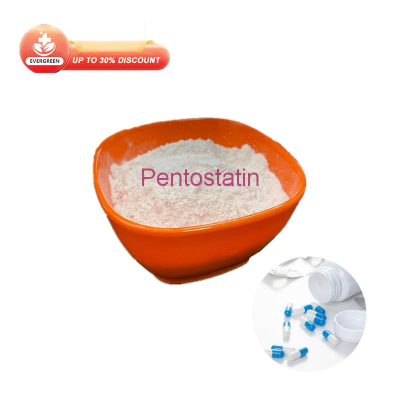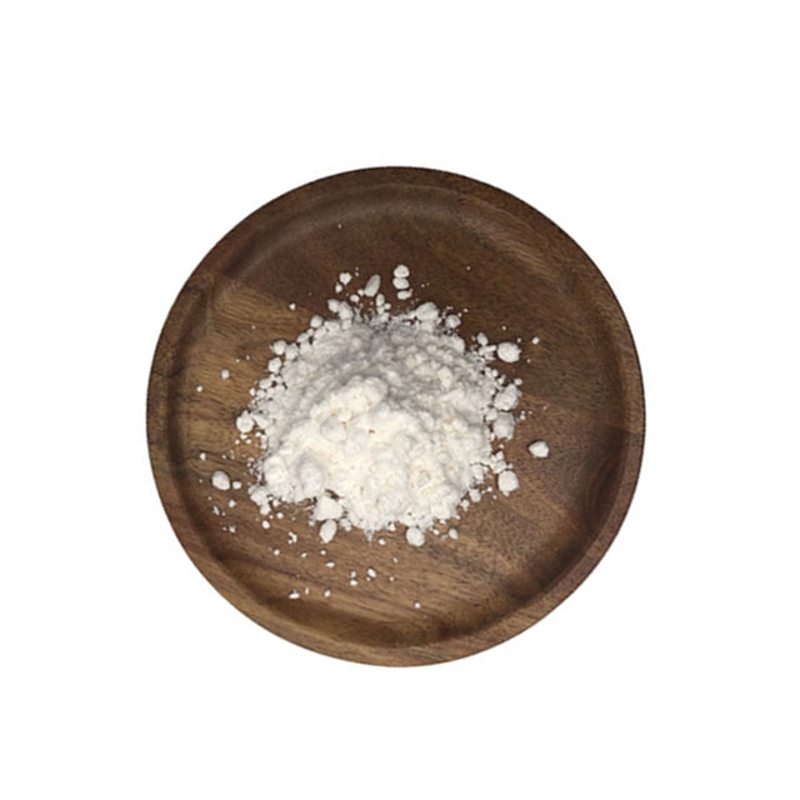-
Categories
-
Pharmaceutical Intermediates
-
Active Pharmaceutical Ingredients
-
Food Additives
- Industrial Coatings
- Agrochemicals
- Dyes and Pigments
- Surfactant
- Flavors and Fragrances
- Chemical Reagents
- Catalyst and Auxiliary
- Natural Products
- Inorganic Chemistry
-
Organic Chemistry
-
Biochemical Engineering
- Analytical Chemistry
- Cosmetic Ingredient
-
Pharmaceutical Intermediates
Promotion
ECHEMI Mall
Wholesale
Weekly Price
Exhibition
News
-
Trade Service
Imbalanced bone turnover and relatively increased osteoclast-mediated bone resorption are the main features of most bone diseases, ranging from osteoporosis (OP) and other benign bone diseases to bone loss caused by cancer treatment and advanced malignant tumors Bone metastases
.
In these disease states, the use of anti-resorption agents to target osteoclasts is the cornerstone of the current treatment of corresponding bone diseases
Osteoporosis
Anti-bone resorption therapy can significantly reduce the risk of fractures in patients with benign bone diseases and bone-related events (SRE) in patients with bone metastases from cancer
.
Osteonecrosis of the jaw (ONJ) is a rare but serious disease that manifests as osteonecrosis of the jaw
Recently, a research article was published in the Journal of Clinical Endocrinology & Metabolism, an authoritative journal in the field of endocrine and metabolic diseases.
A working group of the European Society of Calcification Tissues (ECTS) and two experts reviewed the existing literature in detail.
These documents relate to the incidence, characteristics and treatment of bone diseases with different severity of bone loss of MRONJ, ranging from osteoporosis prevention to cancer treatment for bone metastasis and bone loss and SRE in cancer patients with bone metastasis
.
Researchers aim to clarify the differences in various aspects of MRONJ between these different patient categories, and provide professional advice on how to reduce risks and optimize the management of MRONJ in each category
Preventive management
Compared with patients with benign bone disease, patients with advanced malignant tumors are at a much higher risk of developing MRONJ, because individuals with general poor health will use higher doses and more frequent anti-bone resorption agents, as well as other easy The combined drug that led to MRONJ
.
The overall risk of MRONJ is much lower than the benefits of all types of patients
It can be seen that the risk of MRONJ depends to a large extent on the underlying bone disease and the relevant anti-bone resorption treatment options
.
Doctors and dentists should remember that the benefits of anti-bone resorption treatment far outweigh the risks of MRONJ development
The risk of MRONJ largely depends on the underlying bone disease and the relevant anti-bone resorption treatment options
Original source:
Athanasios D Anastasilakis.
Osteonecrosis of the jaw and antiresorptive agents in benign and malignant diseases: a critical review organized by ECTS in this message







